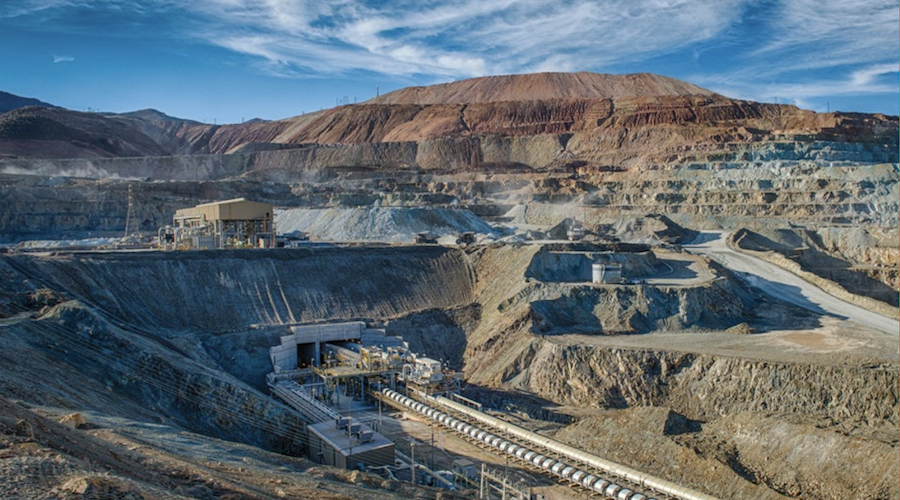Copper prices, output drive Grupo Mexico profit jump

Mining and transport conglomerate Grupo Mexico reported a 34% increase in second-quarter net profit on Monday, fueled by higher copper prices and mining output.
Net profit of $1.122 billion topped the average estimate of analysts polled by LSEG for $952.6 million. Revenue rose 27% to $4.397 billion in the quarter, beating analyst expectations for $4.09 billion.
JPMorgan analysts said in a note that the strong prices Grupo Mexico received for its copper more than compensated for softer sales volumes and higher than expected costs.
Controlled by billionaire German Larrea, Grupo Mexico is one of the world’s largest copper producers, with mines in Peru, the United States, Spain and Mexico, where it also operates major freight railroads.
Quarterly copper production totaled 270,747 metric tons, up 4.7% from a year earlier, thanks to more output from Peru and Mexico operations and bringing mining sales up 33% to $3.4 billion. Copper prices rose around 8% over the quarter, according to LSEG data.
The miner said it expected to produce 1.08 million tons of the red metal this year. It had previously forecast 1.06 million tons.
Grupo Mexico on July 1 restarted work on Tia Maria in southern Peru, a project that was held up for over a decade due to fears of the mine’s environmental impact.
Peruvian officials predicted that construction could start in 2025 and production by 2027. The mine is expected to eventually produce 120,000 tons of copper annually.
‘Significant revenues’
“Considering current copper prices, we expect to export $17.5 billion and contribute $3.4 billion in taxes and royalties during the first 20 years of (Tia Maria’s) operation,” Grupo Mexico said in a filing.
Grupo Mexico said it was reviewing its planned $1.4 billion investment in the project and would provide an update by the end of 2024.
The firm’s transport unit saw a 9% increase in sales to $881 million.
In a call with analysts, the division’s planning chief, Alberto Vergara, said the group’s rail network had been affected by “unprecedented numbers of migrants” causing congestion that was raising costs and reducing performance.
Dozens of northbound cargo trains belonging to Grupo Mexico subsidiary Ferromex were stopped last September after several migrants hoping to climb aboard were injured and some died.
(By Sarah Morland, Aida Pelaez-Fernandez, Natalia Siniawski and Marion Giraldo; Editing by Kylie Madry, Leslie Adler and Rod Nickel)
{{ commodity.name }}
{{ post.title }}
{{ post.date }}




Comments